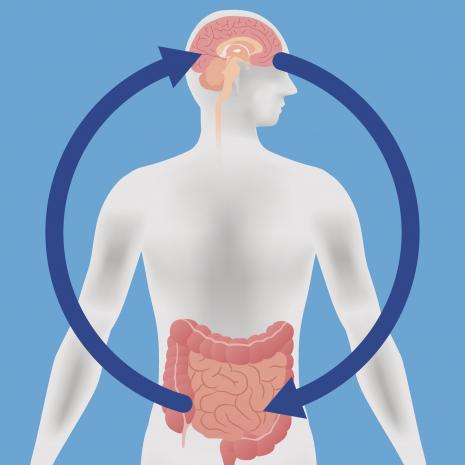
Breaking News
 O'KEEFE INFILTRATES DAVOS WORLD ECONOMIC FORUM
O'KEEFE INFILTRATES DAVOS WORLD ECONOMIC FORUM
 We're Better Than We Think We Are
We're Better Than We Think We Are
 Mike Benz reminds MAGA who the REAL enemy is. And it's our fault…
Mike Benz reminds MAGA who the REAL enemy is. And it's our fault…
Top Tech News
 The day of the tactical laser weapon arrives
The day of the tactical laser weapon arrives
 'ELITE': The Palantir App ICE Uses to Find Neighborhoods to Raid
'ELITE': The Palantir App ICE Uses to Find Neighborhoods to Raid
 Solar Just Took a Huge Leap Forward!- CallSun 215 Anti Shade Panel
Solar Just Took a Huge Leap Forward!- CallSun 215 Anti Shade Panel
 XAI Grok 4.20 and OpenAI GPT 5.2 Are Solving Significant Previously Unsolved Math Proofs
XAI Grok 4.20 and OpenAI GPT 5.2 Are Solving Significant Previously Unsolved Math Proofs
 Watch: World's fastest drone hits 408 mph to reclaim speed record
Watch: World's fastest drone hits 408 mph to reclaim speed record
 Ukrainian robot soldier holds off Russian forces by itself in six-week battle
Ukrainian robot soldier holds off Russian forces by itself in six-week battle
 NASA announces strongest evidence yet for ancient life on Mars
NASA announces strongest evidence yet for ancient life on Mars
 Caltech has successfully demonstrated wireless energy transfer...
Caltech has successfully demonstrated wireless energy transfer...
 The TZLA Plasma Files: The Secret Health Sovereignty Tech That Uncle Trump And The CIA Tried To Bury
The TZLA Plasma Files: The Secret Health Sovereignty Tech That Uncle Trump And The CIA Tried To Bury
Could Probiotics Be the Potent Antidepressant You've Been Looking For?

It has long been established that gut bacteria are largely connected to immune function and metabolic health. However, researchers have only scratched the surface when it comes to their role in thinking, boosting overall mood, and addressing depression and other mental health conditions. A trio of studies confirms the favorable action of probiotics in tackling the growing problem of depression and anxiety disorders.
The gut microbiome and its critical role in human health has been receiving increasing attention among researchers, and with it, the newly acknowledged role of probiotics as a treatment for depression and anxiety. This is rooted in the growing consensus of the strong connection between your gut --also known as your gastrointestinal tract -- and brain.
According to experts, the microorganisms in your gut produce and express neurotransmitters that can affect mood, sleep and appetite. They are also believed to reduce inflammation, a known contributor to depression, as well as calibrate stress response and cognitive function.
Three studies that delve into how probiotic supplementation can assist in preventing or easing depression, published in 2019, follow:
*Scientists writing in the journal Nutrition linked probiotic food consumption with lower prevalence and severity of depression, particularly among men.[i]
Performing a cross-sectional analysis of U.S. data involving 26,118 individuals, they found that people who had the highest intake of probiotic-rich foods had significantly lower severity of depression as well as self-reported clinical depression.
Men who consumed the most probiotic-rich foods also demonstrated a significantly lower occurrence of clinical depression.
*A meta-analysis focused on 34 controlled clinical trials evaluated the effects of prebiotics and probiotics on depression and anxiety.[ii] It discovered that while prebiotics didn't have a notably different action from placebo for depression, probiotics yielded small yet significant effects for both depression and anxiety.
*A group writing in Brain Research probed the antidepressant-like action of the probiotic bacteria Lactobacillus paracasei PS23 given to mice treated with corticosterones to induce depression.[iii] Both live and heat-killed versions of the probiotic were shown to reverse chronic corticosterone-induced anxiety as well as depression-like behaviors.
Previous research from the Netherlands also determined that gut bacteria indeed affect negative thinking and cognitive function. Studying 40 healthy individuals for four weeks, the researchers found a significant decrease in negative thinking among those who supplemented with a probiotic each day versus those who received a placebo. In addition, the probiotic group exhibited lower cognitive reactions to sadness.

 A Report from Middle America
A Report from Middle America
 Nano Nuclear Enters The Asian Market
Nano Nuclear Enters The Asian Market


